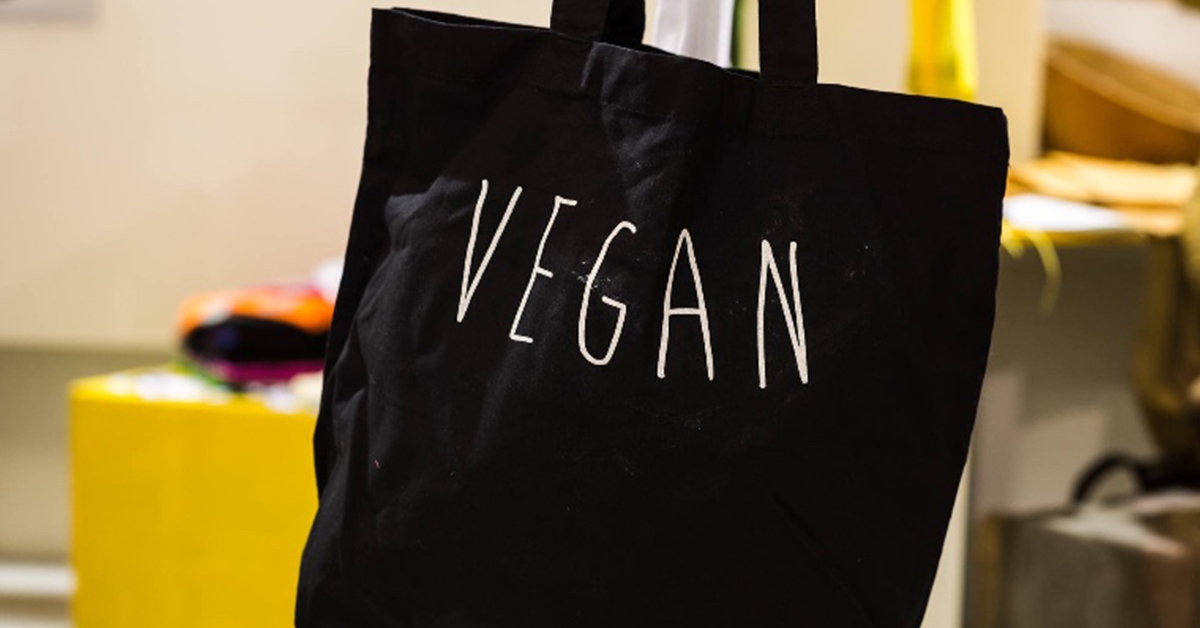Vegan Fashion: A Growing Trend in the Clothing Industry

The Rise of Veganism in the Fashion Industry
In recent years, the popularity of veganism and ethical consumption has significantly grown. As more consumers become aware of the negative environmental and animal welfare impacts of the fashion industry, they are increasingly seeking out cruelty-free and sustainable clothing options. According to recent surveys, over 25% of millennials now consider whether a brand is ethical or vegan when making purchases. This rising concern for animal rights and the environment has motivated many clothing companies to adopt more compassionate practices.
Embracing Natural and Eco-Friendly Materials
One of the key aspects of Vegan Fashion is choosing clothing made from natural, plant-based materials that do not involve animal exploitation. Popular vegan and eco-friendly fabrics include organic cotton, bamboo, linen, hemp, soy, and recycled polyester. These sustainable textiles require less water and chemicals to produce compared to conventional fabrics like leather, wool, cashmere, and silk which all involve animal harm. By selecting garments comprised of natural plant fibres, consumers can minimize their environmental footprint while avoiding unethical practices. Many sustainable brands are innovating with new vegan materials like pineapple leaf fiber and orange peel leather that mimic traditional textures and styles without harming animals.
Moving Away from Animal-Derived Fabrics
One of the most challenging aspects of converting to a cruelty-free wardrobe is replacing popular animal-derived fabrics like leather, wool, cashmere and silk. However, there are now many effective vegan alternatives available. For leather, brands produce faux leather made from plant-based materials that look and feel just like the real thing. Popular leather replacements include apple, cactus and mushrooms. For wool and cashmere, sustainable companies craft cozy fabrics from compressed coconut, soy or plastic waste. And silk alternatives like nettle fiber imitate the luxurious drape and sheen of real silk without harming silkworms. By embracing these innovative faux textiles, fashion lovers can maintain their personal style values while avoiding animal exploitation.
Focusing on Sustainability in Production
Beyond just materials, Vegan Fashion also prioritizes sustainable practices throughout the full production process. From dyeing to manufacturing to packaging, cruelty-free brands make eco-friendly choices that minimize environmental pollution. They utilize less toxic dyes and finishes, implement fair labor standards,source locally whenever possible to reduce shipping emissions and package products in recyclable or biodegradable materials. Many high-end sustainable designers even create collections from deadstock fabrics to reduce apparel waste. By examining how clothing is made from raw material to finished garment, vegan companies ensure ethical and environmentally-conscious practices are followed every step of the way.
Get more insights on Vegan Fashion
About Author:
Ravina Pandya, Content Writer, has a strong foothold in the market research industry. She specializes in writing well-researched articles from different industries, including food and beverages, information and technology, healthcare, chemical and materials, etc. (https://www.linkedin.com/in/ravina-pandya-1a3984191)
- Industry
- Art
- Causes
- Crafts
- Dance
- Drinks
- Film
- Fitness
- Food
- Jogos
- Gardening
- Health
- Início
- Literature
- Music
- Networking
- Outro
- Party
- Religion
- Shopping
- Sports
- Theater
- Wellness
- News


